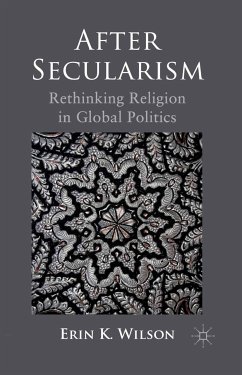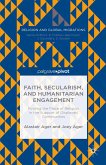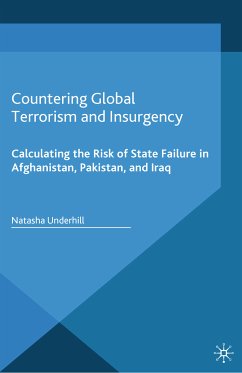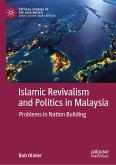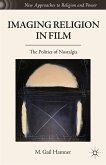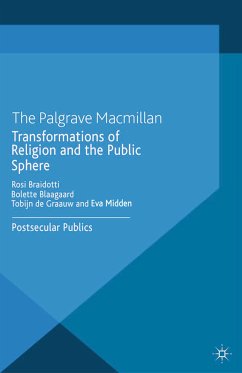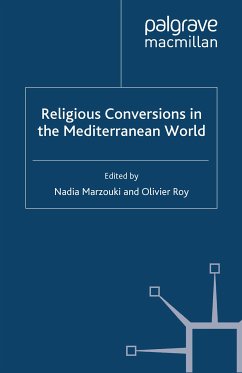Dieser Download kann aus rechtlichen Gründen nur mit Rechnungsadresse in A, B, BG, CY, CZ, D, DK, EW, E, FIN, F, GR, HR, H, IRL, I, LT, L, LR, M, NL, PL, P, R, S, SLO, SK ausgeliefert werden.
polity. This is no small achievement, and the clarity and insight offered in a brilliant chapter on religion and US politics (pp. 147-79) is a must-read for scholars, policy-makers and students alike. Of equal importance, Wilson's model is clearly transferable and promises high impact in IR by aiding and equipping researchers to understand the constitutive agencies of religion in multiple political contexts."
- Australian Journal of Political Science
"The case made in this volume - that secularism limits perceptions of the relationship of religion with politics and the nature of religion itself - is an important one [and] the procedure of sketching an alternate approach to analyzing religion's role in world affairs is carried out in a judicious way.'
- Journal of Church and State

